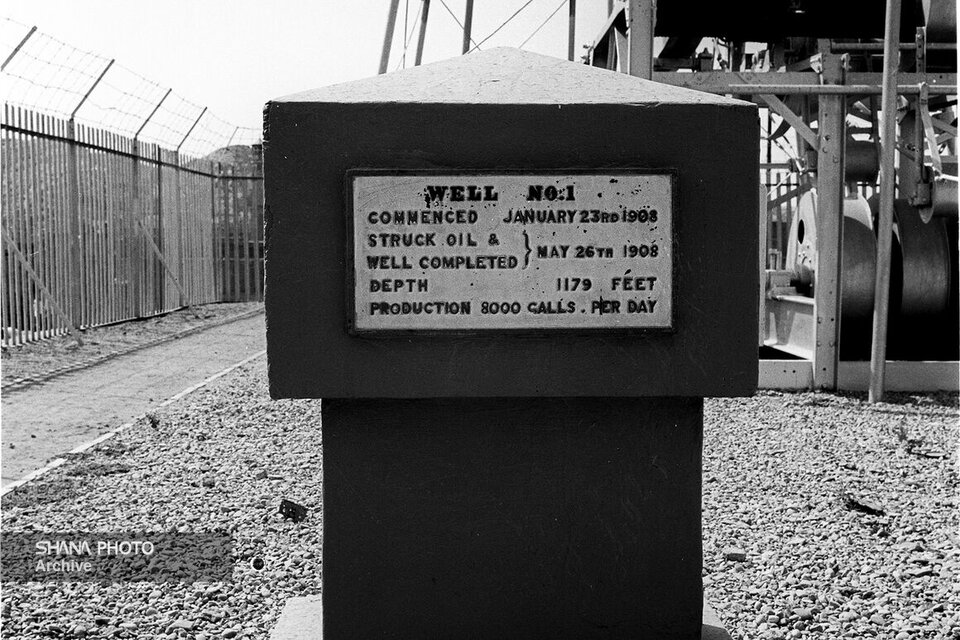Emphasizing the country’s vast exploration potential, Mehdi Hosseini said adopting new technologies and attracting investment could boost recovery rates, paving the way for oil industry growth and positioning Iran as a leading global energy power.
Hosseini, in an interview with SHANA on the anniversary of oil discovery in Iran and the Middle East, reviewed the history of oil exploration and production, the role of foreign powers, the nationalization of the oil industry, current challenges, and solutions for growth. He cited advanced technology, investment, and domestic capacity-building as keys to success, stressing Iran’s immense oil and gas reserves.
A historic turning point
Hosseini noted that the 1908 discovery transformed Iran into an oil-rich nation but occurred when foreign powers, particularly Russia in the north and Britain in the south, exerted heavy influence. "Foreign governments and companies secured concessions covering vast areas for decades, with Iran receiving only 16% of profits," he said.
Nationalization, resistance
Hosseini highlighted Russia’s 1926 push for joint oil exploitation, which failed. Pressure from occupying forces in Azerbaijan indirectly aided oil nationalization, culminating in the 1951 movement led by Mohammad Mossadegh and parliament. "This ended foreign dominance, marking the start of self-sufficiency," he said.
Challenges, negotiators’ role
Despite efforts under Reza Shah to revise concessions, terms remained skewed toward foreign firms. "Oil discovery fueled Iran’s economy but brought hardship due to mismanagement and oil dependency," Hosseini said.
Reserves, recovery rates
With roughly 600 billion barrels in reserves, Iran ranks among the world’s top oil holders. However, its recovery rate is just 25%, compared to Saudi Arabia’s 50% and Norway’s 60%. "A 10% increase would yield an extra 60 billion barrels, boosting economic development," he said.
Sanctions, investment barriers
Hosseini stressed the need for modern technology, noting Iran lags in drilling (limited to 3 km vs. 11 km abroad). "Sanctions block foreign investment, though international firms remain interested. If lifted, they would return," he said. He also urged faster negotiations with domestic investors and greater incentives.
Regional competition, untapped potential
Neighbors like Russia, Kazakhstan, and Azerbaijan have outpaced Iran in developing oil and gas fields. "Two-thirds of Iran—1 million square kilometers—holds unexplored sedimentary layers. Post-sanctions, we can advance exploration with foreign and local partnerships," he said.
A call to the next generation
Hosseini urged young professionals to embrace new technologies and strengthen academia-industry ties. "Iran can compete with Russia, Saudi Arabia, and the UAE. Our youth must strive to make Iran a global energy and technical services leader," he concluded.


Your Comment